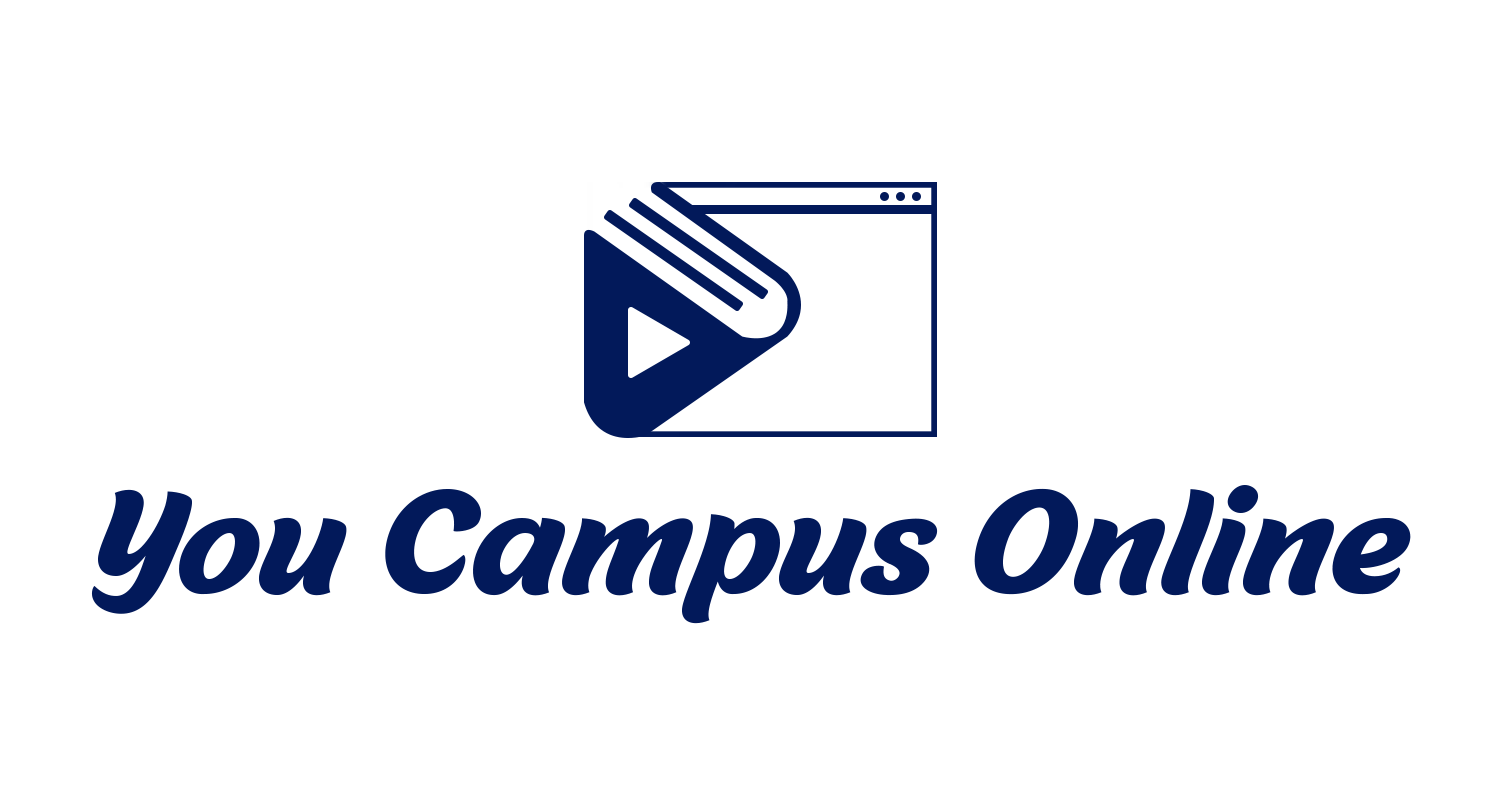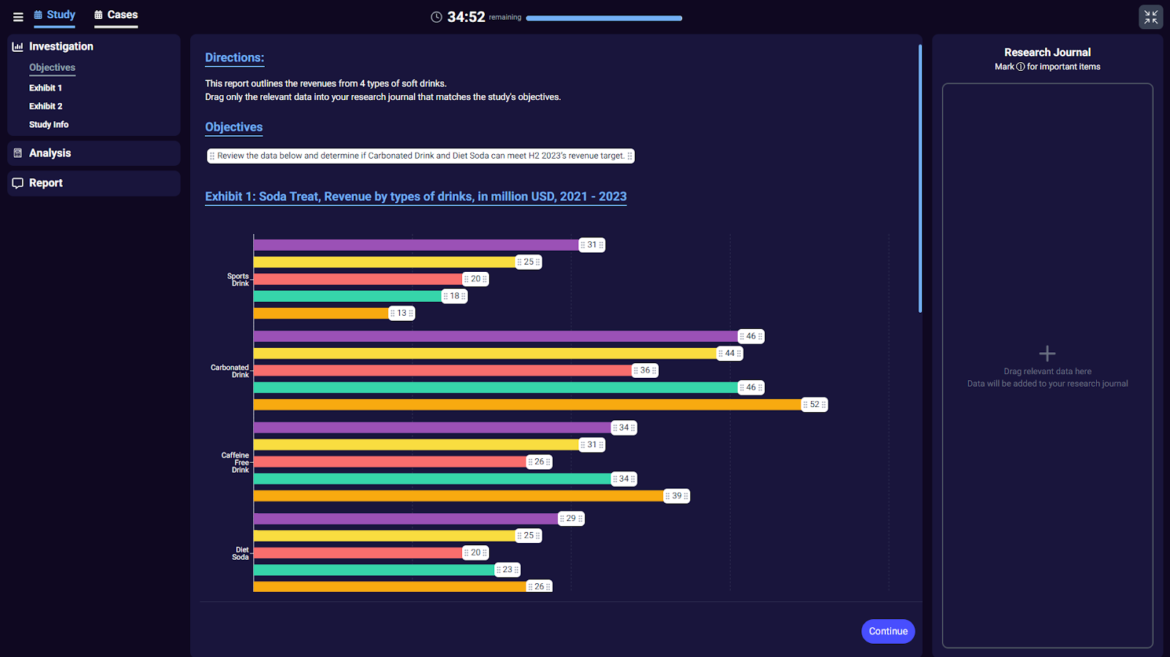If you’re applying to a top consulting firm, there’s a good chance you’ll be asked to complete the McKinsey PSG Simulation, a unique, game-based assessment used to evaluate how you solve problems in real time. Unlike traditional case interviews, this test uses interactive simulations that mimic real-world decision-making. Practicing with a free simulation game online can help you build the critical thinking skills needed to perform well.
In this article, we’ll walk through what to expect from the simulation and how you can prepare for each part step by step.
What Is the McKinsey PSG Simulation?
The McKinsey Problem Solving Game (PSG), also known as the Solve Game, is an interactive assessment used during the early stages of the consulting recruitment process. It’s designed to evaluate your problem-solving ability in a simulated business environment.
Why It’s Different from a Case Interview
Unlike a typical case, the PSG doesn’t require speaking or writing out your thoughts. Instead, you interact with a digital environment to complete tasks like managing ecosystems or analyzing data from a fictional consulting project.
The game tests your skills in:
- Pattern recognition
- Logical reasoning
- Prioritization under time pressure
- Strategic decision-making
Understanding the Key Game Modules
The PSG is made up of different modules, each structured around a unique scenario. Let’s break down the most common ones and how to approach them.
1. Red Rock Study (Data Interpretation)
In this module, you’re given a fictional consulting project involving a company facing a business challenge. You’ll review data across multiple tabs, graphs, charts, tables, and answer questions based on the information.
What to focus on:
- Identifying trends and outliers
- Making data-driven decisions
- Presenting insights clearly
2. Ecosystem Building (Systems Thinking)
Here, you’re tasked with building a balanced ecosystem using a fixed number of species. Each choice affects other parts of the system, some combinations will help it thrive, while others lead to collapse.
What to focus on:
- Understanding interactions between variables
- Thinking holistically
- Testing combinations strategically
3. Sea Wolf (Classification and Prioritization)
This scenario involves categorizing a large number of items, like microbes or tools, based on certain traits. Your goal is to select the most effective group based on defined criteria.
What to focus on:
- Classifying quickly and accurately
- Filtering for relevance
- Managing time effectively
How to Prepare Effectively: A Step-by-Step Plan
Success in the McKinsey PSG Simulation comes down to preparation and familiarity with the game format. Here’s a step-by-step plan to help you get there.
Step 1: Learn the Game Logic
Start by understanding how each module works. Review sample scenarios and walkthroughs to get a sense of the decision-making process expected from you.
Step 2: Practice with Realistic Tools
Don’t rely only on theoretical prep. Use a free simulation game online that closely mirrors the McKinsey PSG format. Practicing in a realistic environment builds familiarity and reduces test anxiety.
Try this free simulation game online to build your skills.
Step 3: Build Time Management Skills
Each module is timed, and completing it under pressure is part of the challenge. Practice pacing yourself so you can read, analyze, and respond quickly.
Step 4: Track and Review Your Progress
Use tools that give feedback on your performance. Look for platforms that show scoring patterns and let you evaluate your strengths and weaknesses.
Common Mistakes to Avoid
Even well-prepared candidates can fall into common traps. Here are some mistakes to watch out for:
Ignoring Instructions
Each game has its own logic. Skipping the instructions or failing to understand the rules can cost you valuable time and accuracy.
Rushing Through Without Testing
Especially in ecosystem modules, you need to test different combinations. Jumping to conclusions without experimenting can backfire.
Focusing Too Much on One Question
If you get stuck, move on. You can always come back later. Time management is just as important as accuracy.
Final Thoughts
The McKinsey PSG Simulation may seem unfamiliar at first, but it’s simply another way to test the problem-solving mindset that top consulting firms look for. With the right strategy and preparation, you can confidently approach each game module and perform at your best. Practicing with a free simulation game online is one of the easiest and most effective ways to get started.
Give yourself time to get comfortable with the format, and remember: consistent practice beats last-minute cramming every time.

